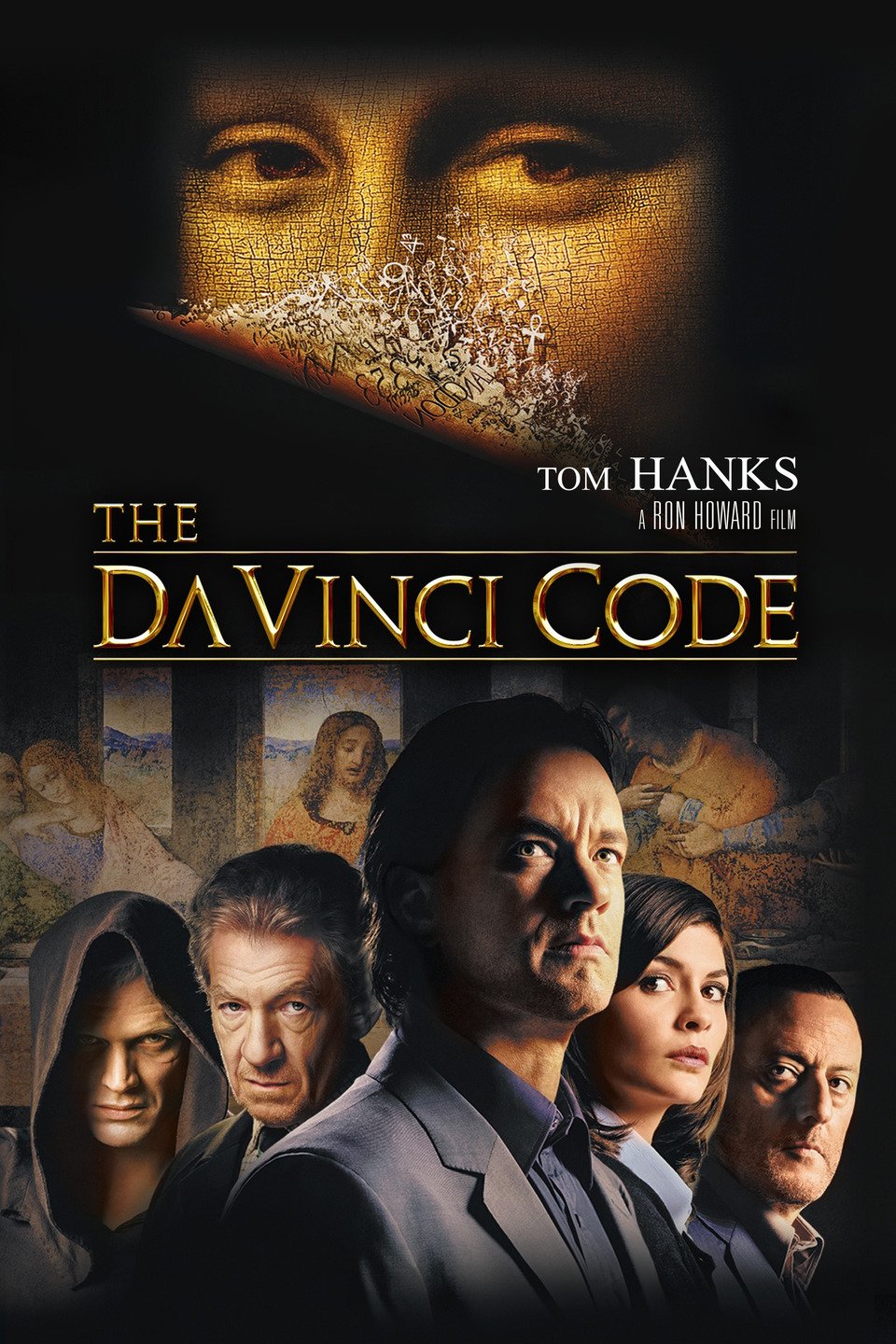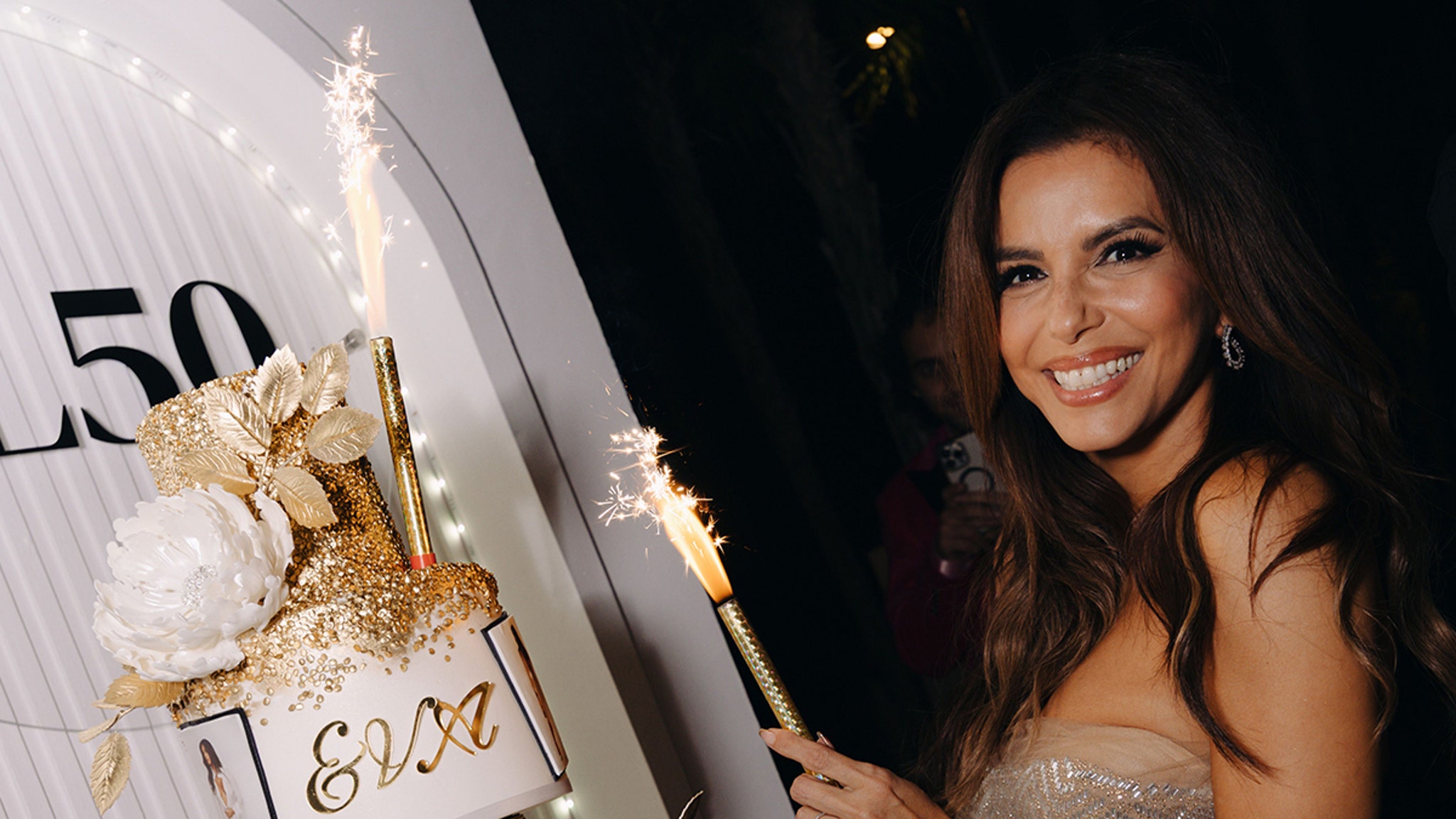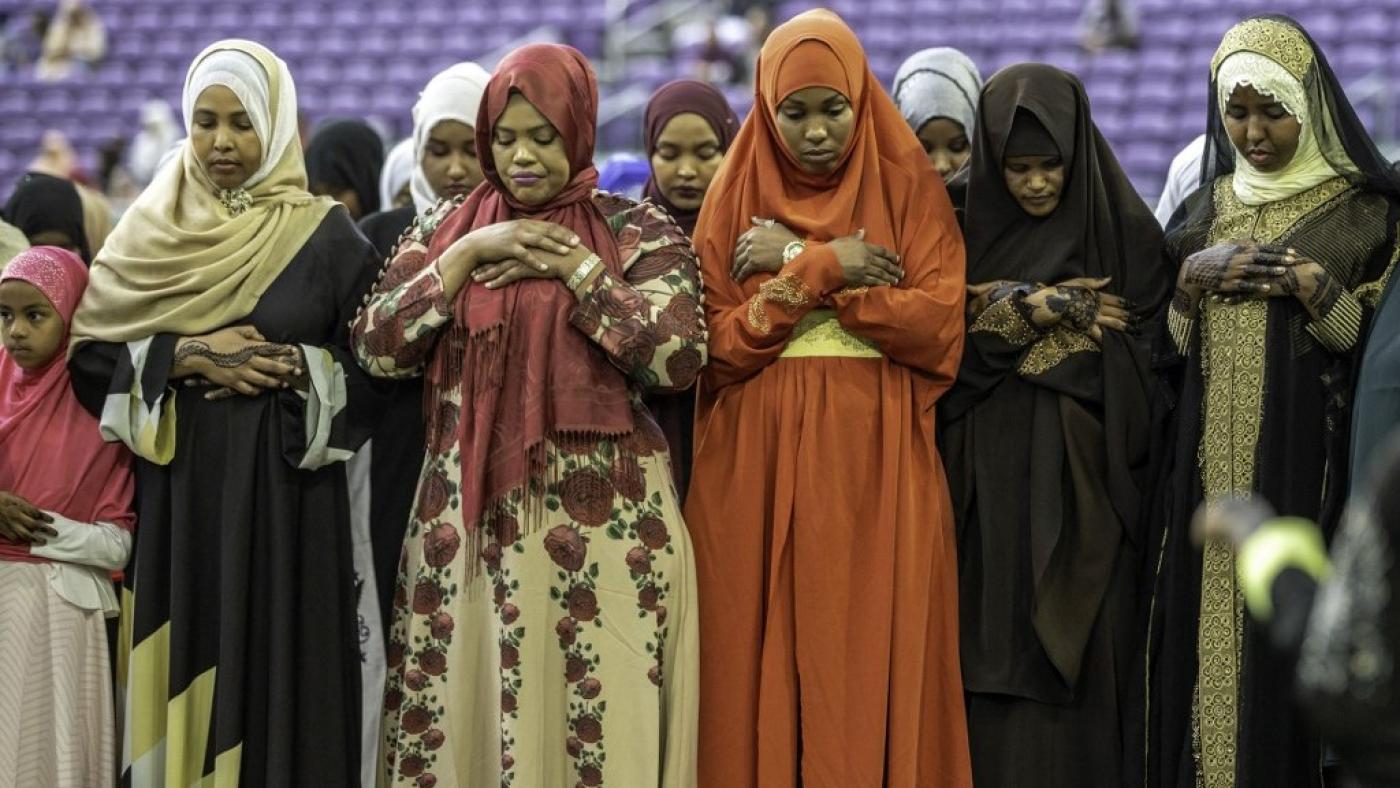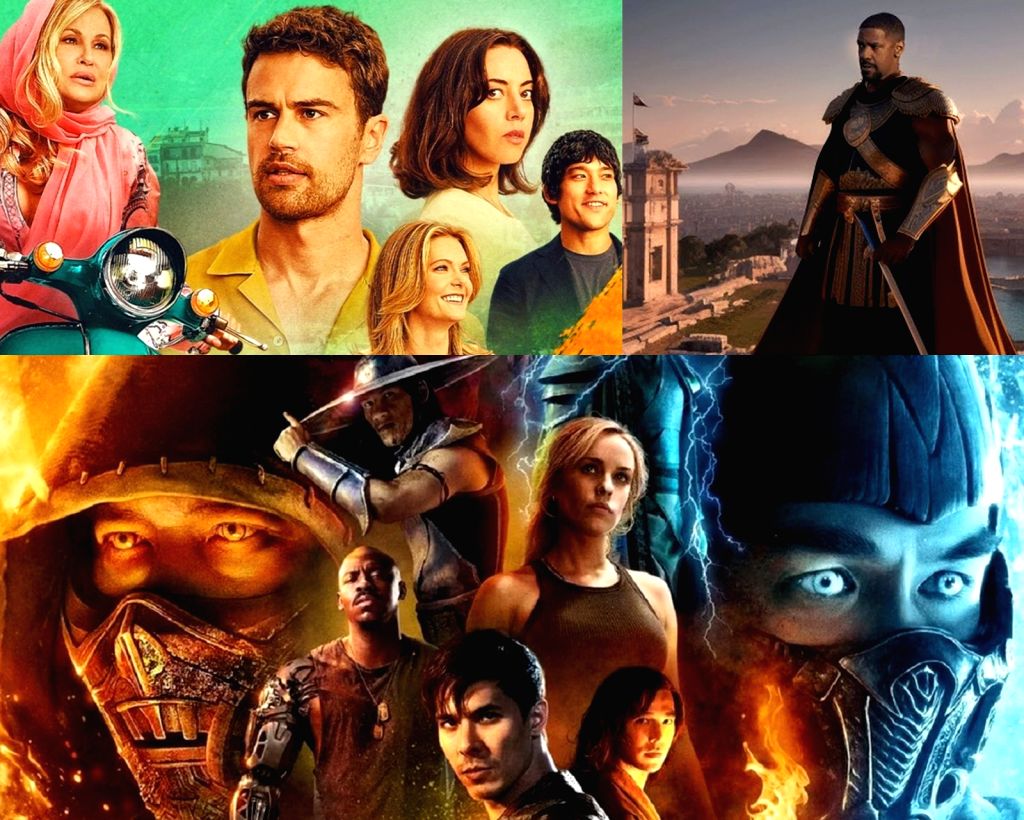The Da Vinci Code: Its Influence On Popular Culture And Religious Debate

Table of Contents
The Da Vinci Code's Impact on Popular Culture
The Da Vinci Code transcended the boundaries of a simple thriller, significantly impacting various aspects of popular culture.
Increased Interest in History and Art History
The novel's publication led to a surge in interest in art history and religious history, directly impacting tourism and book sales.
- Da Vinci Code Tourism: The Louvre Museum in Paris, Rosslyn Chapel in Scotland, and numerous other locations mentioned in the book experienced a dramatic increase in visitor numbers following the novel's release. This "Da Vinci Code tourism" boosted local economies and highlighted the power of fiction to inspire real-world exploration.
- Increased Sales of Related Books: Sales of books on art history, particularly those related to Leonardo da Vinci and Renaissance art, skyrocketed. Similarly, books exploring religious history, particularly concerning early Christianity and the Holy Grail, saw a significant boost in sales. The impact of The Da Vinci Code on art history and religious studies is undeniable. The Priory of Sion, a previously obscure organization, also saw renewed interest and discussion, becoming a topic of considerable fascination. While exact figures are hard to pin down for all these areas, anecdotal evidence and reports from museums and publishers consistently confirm this trend.
- Impact of Da Vinci Code on Art History: The novel's detailed descriptions of famous works of art, such as the Mona Lisa and The Last Supper, led many readers to seek out these masterpieces for themselves. The increased public interest in Leonardo da Vinci's work and the history surrounding it is a clear example of the broader cultural impact of the book.
The Novel's Influence on Film and Media
The success of the 2006 film adaptation of The Da Vinci Code, starring Tom Hanks, further solidified the novel's position in popular culture.
- Da Vinci Code Movie Adaptation: The film adaptation grossed over $750 million worldwide, solidifying the novel's status as a major cinematic event. This widespread success, coupled with extensive media coverage, ensured the story reached a far broader audience than the book alone could have accomplished.
- Media Influence of The Da Vinci Code: The novel's enduring popularity led to the creation of various spin-offs, including documentaries exploring the historical claims made in the book and subsequent novels in the Robert Langdon series. The success of the film also inspired similar books and movies which featured hidden histories and conspiracy theories, suggesting a lasting impact on the storytelling landscape.
- The Da Vinci Code in Popular Media: References to The Da Vinci Code and its central themes frequently appear in other works of fiction, television shows, and even video games. This permeation of popular media highlights the novel's enduring relevance and cultural resonance.
The Da Vinci Code and Conspiracy Theories
The Da Vinci Code masterfully wove together historical facts and fictional elements, inadvertently contributing to the popularization of several conspiracy theories.
- Da Vinci Code Conspiracy Theories: The novel's portrayal of secret societies, hidden historical truths, and alternative interpretations of religious history resonated with readers interested in conspiracy theories, bringing these themes to a much wider audience.
- Secret Societies in The Da Vinci Code: The fictional portrayal of the Priory of Sion and its supposed connection to the protection of the Holy Grail's secret lineage spurred public interest in the nature of secret societies and the hidden histories they may protect. This stimulated discussion about the existence of similar groups and the possibility of hidden knowledge throughout history.
- Historical Mysteries in The Da Vinci Code: The book's success fueled a widespread fascination with historical mysteries and alternative interpretations of well-known events, encouraging further research and debate into these topics.
Religious Debate and Criticism Sparked by The Da Vinci Code
While celebrated for its storytelling, The Da Vinci Code also ignited intense religious debates and criticism.
Challenges to Traditional Christian Beliefs
The novel's depiction of Jesus Christ and Mary Magdalene as married and having descendants challenged traditional Christian dogma, provoking strong reactions.
- The Da Vinci Code and Christianity: The book's portrayal of Jesus's marriage to Mary Magdalene and the suggestion of a bloodline continuing through the centuries profoundly challenged core tenets of Catholic and other Christian faiths.
- Religious Controversy Surrounding The Da Vinci Code: The novel generated considerable outrage among some religious groups and individuals who viewed the book as blasphemous and inaccurate. Public debates ensued regarding the book's portrayal of faith and religious history.
- Challenges to Religious Doctrine in The Da Vinci Code: The book's alternative interpretation of religious history stimulated discussions on the nature of faith, the authority of religious texts, and the interpretation of historical evidence. These ongoing debates continue to shape how we view faith and its connection to history.
Historical Accuracy and Scholarly Responses
Historians and theologians were quick to point out inaccuracies and misinterpretations in the novel's historical claims.
- Historical Accuracy of The Da Vinci Code: Many scholars criticized the book's selective use of historical information, its fictionalization of real-life individuals and events, and its misrepresentation of documented facts.
- Scholarly Response to The Da Vinci Code: Numerous academic articles and books addressed the historical inaccuracies and methodological flaws in The Da Vinci Code, offering counterarguments and perspectives based on rigorous historical research.
- The Da Vinci Code and Historical Facts: The ongoing debate about the novel's historical accuracy underscores the importance of critical thinking, responsible historical research, and the separation of fact from fiction.
The Da Vinci Code and Freedom of Speech
The novel's controversial content led to legal challenges and censorship attempts, highlighting broader discussions surrounding artistic expression.
- Censorship of The Da Vinci Code: In some countries, attempts were made to ban or restrict the distribution of The Da Vinci Code, raising concerns about freedom of speech and artistic expression.
- Freedom of Speech and The Da Vinci Code: The legal battles and censorship attempts surrounding the novel highlighted the ongoing tension between freedom of speech and the potential offense caused by controversial works of art and literature.
- Legal Challenges to The Da Vinci Code: The legal challenges faced by the book demonstrated the complex issues surrounding freedom of expression and the right to publish potentially controversial material.
Conclusion: The Enduring Legacy of The Da Vinci Code
The Da Vinci Code's impact on popular culture is undeniable. It significantly increased interest in history and art, spurred the creation of related media, and popularized certain conspiracy theories. Simultaneously, it sparked considerable religious debate, leading to criticism from religious organizations and scholars regarding its historical accuracy. The legal battles surrounding the book also highlighted crucial issues of freedom of speech. The enduring legacy of The Da Vinci Code lies not only in its record-breaking sales and cinematic success but also in the lasting conversations it initiated about history, religion, and the power of fiction to shape our understanding of the world. Delve deeper into the world of The Da Vinci Code and its continued influence on our understanding of history and faith. Share your thoughts on the lasting impact of The Da Vinci Code in the comments below!

Featured Posts
-
 Fords Brazilian Decline Byds Electric Vehicle Rise
May 13, 2025
Fords Brazilian Decline Byds Electric Vehicle Rise
May 13, 2025 -
 Scarlett Johanssons Commitment To Family Privacy The Importance Of Anonymity For Her Children
May 13, 2025
Scarlett Johanssons Commitment To Family Privacy The Importance Of Anonymity For Her Children
May 13, 2025 -
 A Look Inside Eva Longorias 50th Birthday Celebration In Miami
May 13, 2025
A Look Inside Eva Longorias 50th Birthday Celebration In Miami
May 13, 2025 -
 Mega City Mosque Responds To Police Probe Amidst Controversy
May 13, 2025
Mega City Mosque Responds To Police Probe Amidst Controversy
May 13, 2025 -
 Double Strike Cripples Hollywood Writers And Actors Demand Fair Contracts
May 13, 2025
Double Strike Cripples Hollywood Writers And Actors Demand Fair Contracts
May 13, 2025
